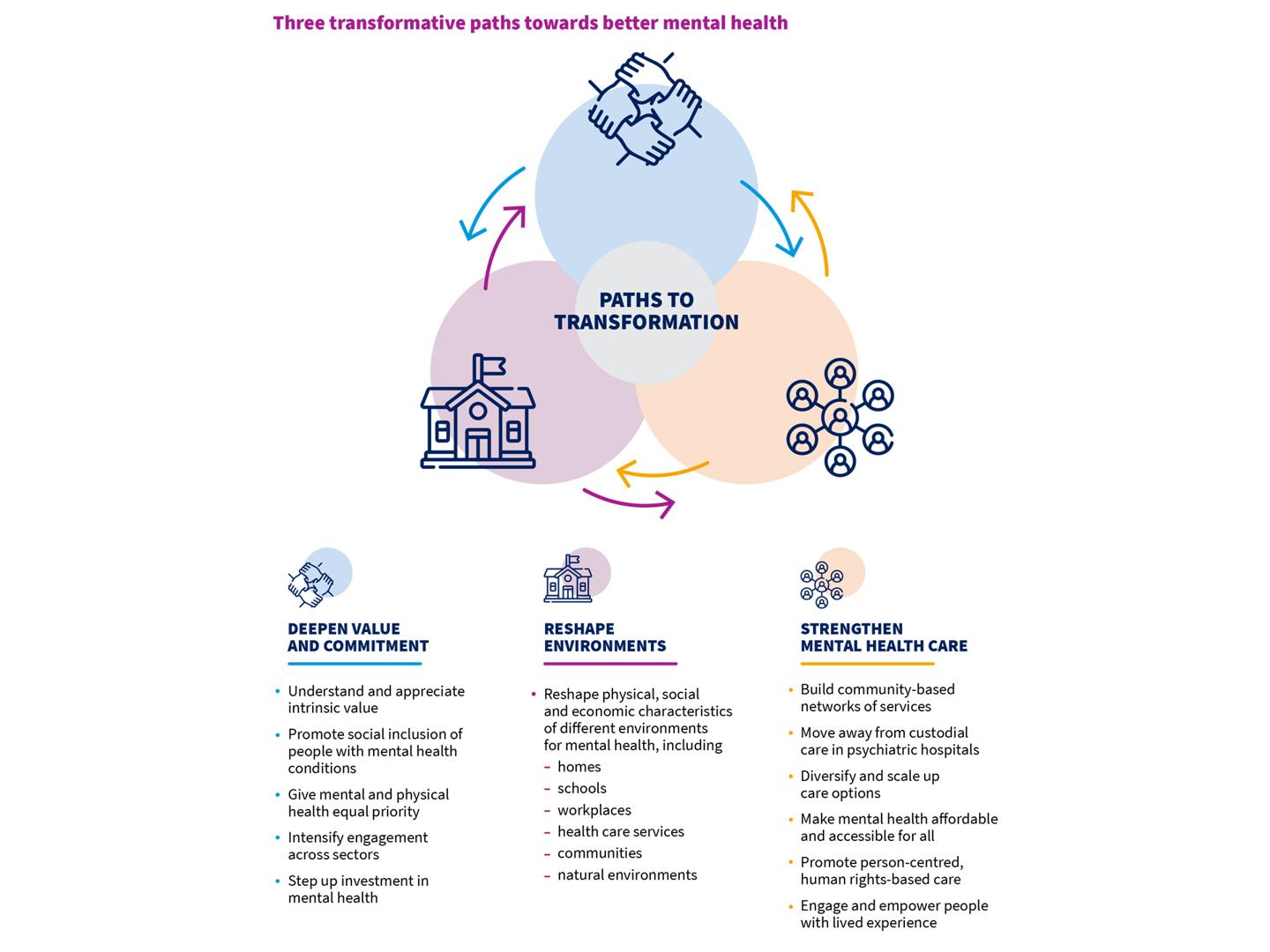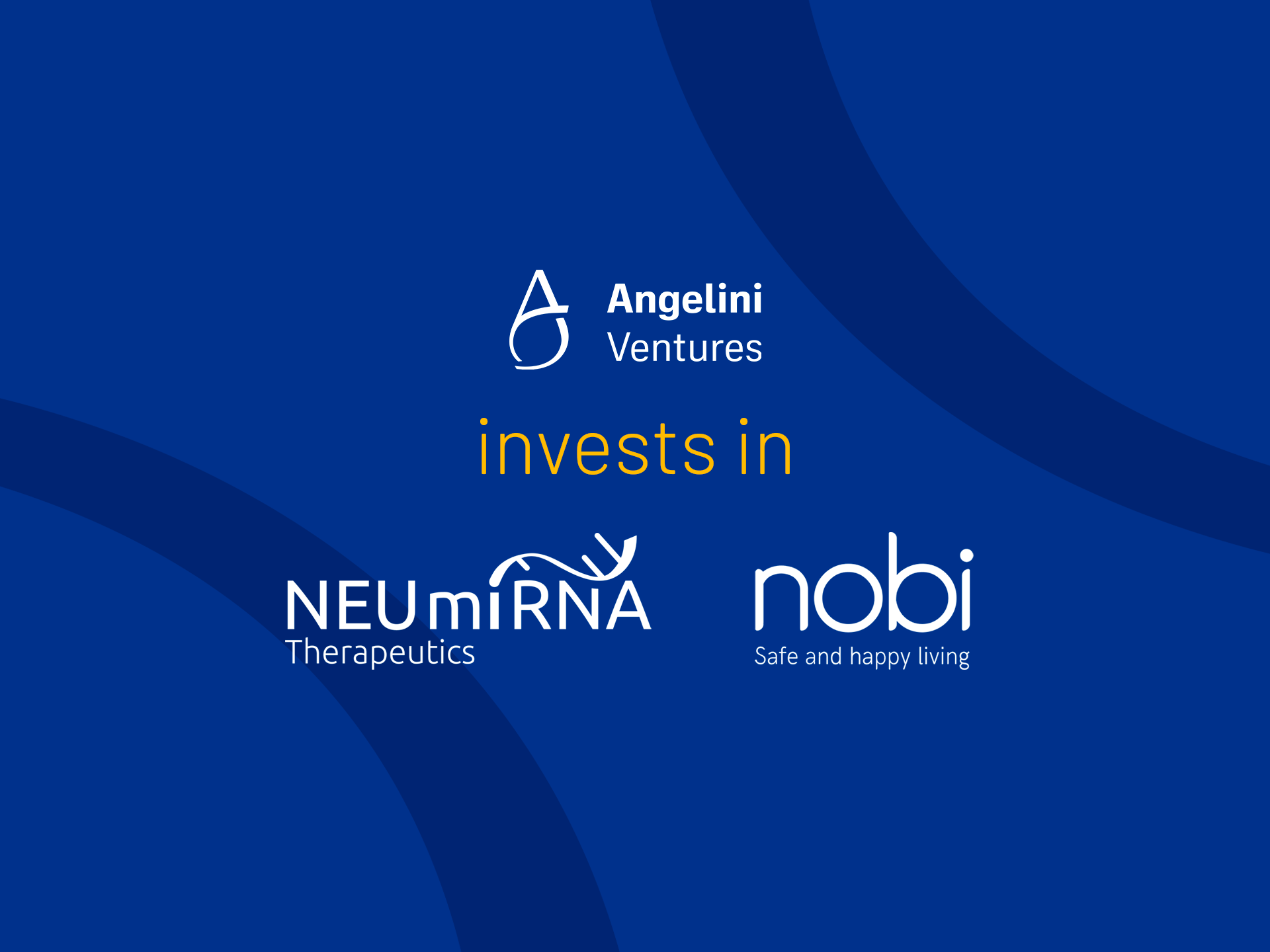Psychological support service as a frontier of corporate welfare
Share

When it comes to mental health, all countries are developing countries
It is a fact: productivity and efficiency control the labor market. Within this context, good mental health and psychological wellbeing are in danger of becoming “second-class” requirements or issues to be addressed only when problems arise. Indeed, when we discuss mental health, the associated stigma and collective, as well as individual, discrimination immediately come to the fore. A lack of information and a widespread culture of health being seen as the exclusive prerogative of the body fuel prejudice and drive people to take a “do it yourself” approach. It is from the analysis of these realities that, in an interview for McKinsey Health Institute, psychiatrist and Harvard professor Shekhar Saxena, describes mental health as a common challenge and requirement for all the countries in the world with no limits.
Shekhar Saxena also reiterates the importance of innovative actions and approaches to encourage prevention and overcoming emotional difficulties. It is no coincidence that the recent World Mental Health Report: Transforming mental health for all by the World Health Organization (WHO) which the professor has worked on so many years, actually highlights the importance of developing educational models and strategies for mental health promotion and prevention, as well as treatment and care. The aim is to normalize requests for help and encourage dialogue regarding the possibility of having a discussion with a specialist who can accommodate and support any forms of emotional difficulty. These are real anti-stigma interventions that make psychological wellbeing and mental health essential in any environment.

The WHO report highlights the need to rethink social spaces such as communities, businesses, and urban centers so as to remove the barriers that limit participation in the mental health debate. Organizations are increasingly active in promoting psychological support, awareness and normalization programs within their facilities in this area.
Investing in mental health is about contributing to social and economic development, but most importantly to the wellbeing of our own community. Fragile mental health can lower productivity and make social relationships more than strenuous.

Many people stop looking for help when it comes to mental health due to stigma and discrimination, the cost, the quality of services, the lack of information, and the types of treatment offered by psychiatric centers. The World Mental Health Report: Transforming mental health for all by the WHO has identified three plans of action to deal with the issue.
The importance of mental health at work: the #Angelini4You project
It has become increasingly important to have spaces for dialogue and discussion regarding psychological wellbeing and mental health in all environments, particularly in the workplace. The work context is a key reference point for every individual from a social point of view since a good amount of our days are spent working. Indeed, this critical period with so many questions and uncertainties has made it clear that the workplace, besides ensuring basic physical safety measures, must aim to promote a mental health culture as it has become an absolute must.
Within this context, Angelini Industries has launched #Angelini4You: an Online Psychological Support Desk that relies on the collaboration of psychologists and psychotherapists who have a professional obligation to protect employee privacy. The group has always been attentive to the welfare of the human capital working within the company, and with this initiative it aims not only to address the psychological consequences resulting from the pandemic, but to offer a solid and permanent corporate welfare tool. The objectives of the service are as follows:
- To protect people’s mental health by helping to develop methods on how to adapt to various emotional situations
- To reduce the stress levels that mount up on a daily basis
- To provide useful information in order to curb the effects of any emotional distress
- Within a 360-degree care perspective, the service also has a section known as Care&Protection, which is dedicated to those experiencing conflict between partners, bullying or elderly violence and who will be able to find an answer to their distress in the services offered by qualified psychologists.

The realization that mental and physical health are interconnected is what underpins this business decision.
Health is not only about the body, health is also about the wellbeing of the mind.
Promoting and implementing initiatives for the psychological wellbeing of its employees is not only an ethical responsibility but it is also a matter of sustainability. Supporting and sustaining the workforce emotionally and physically also positively affects productivity.
Opening up corporate welfare to mental wellbeing therapies encourages and inspires positive change.
It is therefore a choice as well as an opportunity to consolidate the company’s internal relational system at a time in history when burnout is fast-growing. The #Angelini4You service is a form of psychological welfare that opens up to the digital realm: a platform that can be used anonymously, an interactive user-friendly and inclusive portal, in the belief that individual growth and transformation are intrinsically linked to that of organizations.
Sources
- who.int - World mental health report: transforming mental health for all
- mckinsey.com - When it comes to mental health, all countries are developing countries
- ilsole24ore.com - World Mental Health Report: ecco il piano dell’OMS per la salute mentale
- corriere.it - La salute mentale sui luoghi di lavoro: tra strategia e sostenibilità
 Angelini Industries
Angelini Industries




